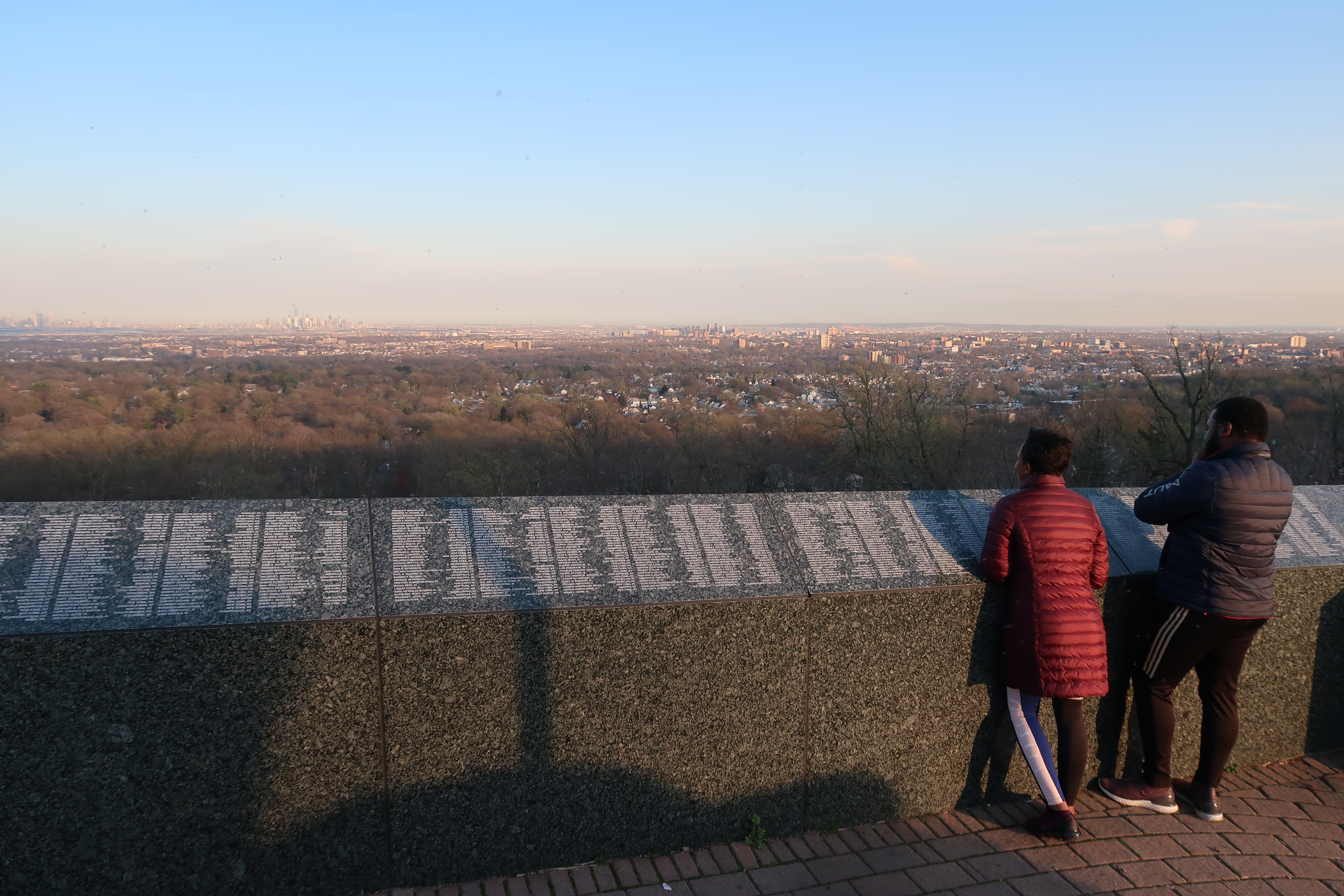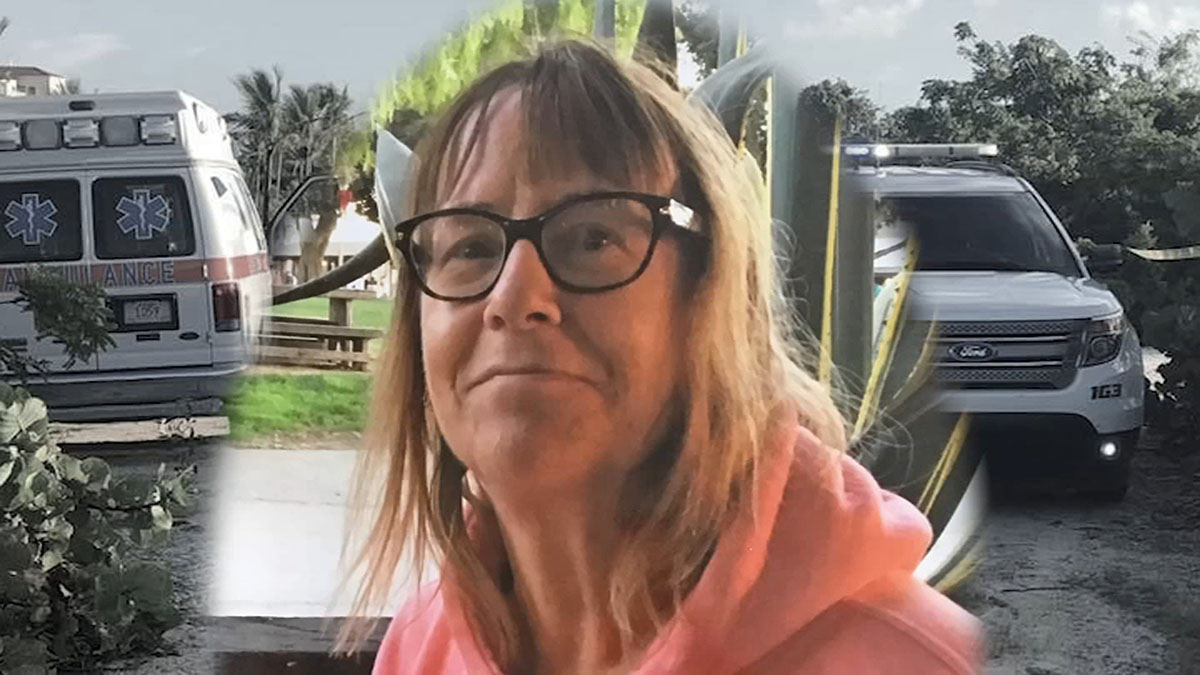There is a new push for access to internal NYPD records, 50 years after the deadly shooting of a New York City police officer at a Harlem mosque that has remained unsolved — a killing that sparked allegations of a widespread coverup and conspiracy that included the FBI.
For years, NYPD detective Randy Jurgensen led the investigation into the deadly shooting of Officer Phillip Cardillo — and during all those years, he never knew the FBI had a trove of documents related to the case. No retired, Jurgensen is seeing some of the documents for the first time.
It all stems from the 1972 incident, in which Cardillo was shot with his own gun inside a mosque near the corner of West 116th Street and Lenox Avenue. Someone shot the officer as he and other cops were attacked while responding to a call of an officer down.
Get Tri-state area news and weather forecasts to your inbox. Sign up for NBC New York newsletters.
"That phone call was a phony. It was a phony from start to finish," Jurgensen said.
The caller was never identified and the NYPD has refused to turn over a recording of the call, along with other internal documents. Several cops — including Jurgenson and Cardillo’s partner, Vito Navarra — were beaten in the melee that had first erupted inside the mosque.
Vito Navarra escaped, but has not talked about that day until now. He gets emotional recalling the events.
Navarra identified one attacker, who was known as Louis 17X Dupree, a high ranking official in the mosque. He was arrested, but officers on the scene and prosecutors said the case immediately became political.
"Nobody wanted to touch this," Navarra said.
"What’s wrong with this whole case was there wasn’t a proper investigation...witnesses were let go, prisoners were let go," said Jurgensen. "I mean, a (police) boss got out of a truck and separated white and black cops. We thought we were all blue...The next thing I know the crime scene has disappeared."
Former Assistant Manhattan District Attorney Jim Harmon tells NBC New York that "there was a conspiracy of silence. They just wanted this to go away."
Harmon ended up trying the case against Dupree four years after Cardillo’s death. He said it was a no-win, and Dupree was ultimately acquitted.
"We were blocked from getting information that might lead to the people that were responsible for the incident in the first place," Harmon said. "There was no cooperation."
The now-retired prosecutor was also unaware of FBI documents showing the FBI had been tracking Dupree for years. NBC New York could not locate Dupree to speak with him about the case.
There was also a secret internal NYPD report on the killing, early on-known as "The Blue Book." Jurgensen said it contained key information.
"It named witnesses. It had a ballistics report which we never had," he said.
The 88-year-old Jurgenson has led a legal battle with the watchdog group Judicial Watch to get access to NYPD records. The department has denied multiple Freedom of Information Act requests, contending the investigation is still active.
Harmon thinks that’s just an excuse, and that the NYPD and FBI refusing to open their books speaks volumes.
"That says to me this case is still radioactive. People can still be held accountable. We want answers," he said.
"He is the only uniformed officer that was shot and killed, and nobody went to jail. I want to know what they’re hiding," said Jurgensen.
A spokesman for the NYPD said the case is still open and they will not be releasing their file — leaving the mystery at the mosque enshrouded in mystery.



